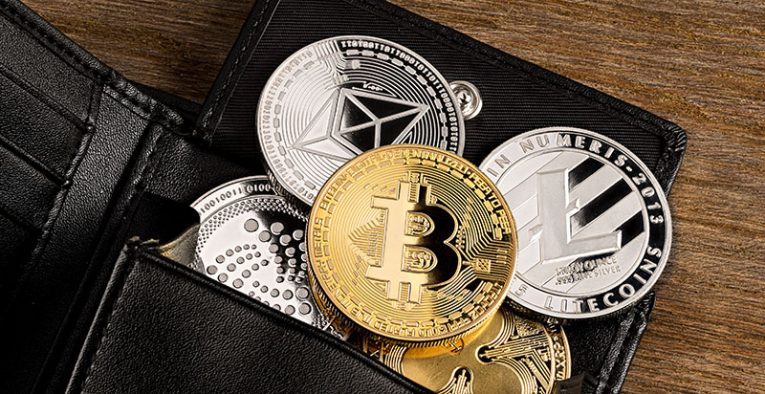Securing your assets is paramount if you are interested in trading cryptos. While digital currencies are a great way to control your money and reap financial gains, there are security risks related to digital wallets.
At the heart of Bitcoin trading is the heavily touted blockchain technology — a secure way to verify and record transactions. Though this internet security model might seem tantalizing to investors, the truth is that everything comes with some degree of risk. Blockchain is not the direct threat; it’s the digital wallet used to store cryptocurrencies which has endured numerous security breaches costing investors billions of dollars.
What can you do to secure your wallet?
There are important safety practices that can help you protect your crypto wallet and your funds. Here are five simple but effective steps:
1. Keep separate wallets (cold storage)
An effective security measure is to avoid keeping all your cryptocurrency in a single account. There is no limit on the number of wallets you can have, so take advantage by separating your crypto accounts. For example, have an account for transaction purposes only, and store your savings in a different account. Consider storing the latter using an offline wallet, referred to as cold storage. Taking your savings offline removes it from the prying eyes of cybercriminals who are relentless in finding ways to hijack accounts.
2. Subscribe to a secure email address
Your email address for your crypto accounts should be on a secure platform. We recommend using a fully encrypted email account to bolster your security. As an added measure, create a strong and unique password that contains a mixture of letters, numbers, and special characters. We know a unique password might not be easy to remember, so a solution is to use a password manager.
3. Use a VPN
Many people use a VPN app to enhance online privacy, especially when accessing your crypto account. This service gives you an added layer of security by masking your IP address, making it harder for hackers to track your transactions. Not all VPN providers are reputable, so do your research and choose one that is trustworthy.
4. Use a two-factor authentication
Another way to add a second layer of security is by activating two-factor authentication (2FA). Go a step further and also install 2FA on all accounts associated with your crypto account, even in the smallest way, such as your email, social media accounts, and files storage platforms.
5. Don’t forget to back up!
Like you would back up important files, you should also back up your crypto wallet private keys. You can do this by creating a file with your private keys and storing them on a hard drive, cloud-based system, or paper. This will allow you to recover your wallet if the computer or mobile you use to access your account is lost or stolen. If you opt to use a cloud-based backup system, it would be wise to encrypt the data before uploading it.
